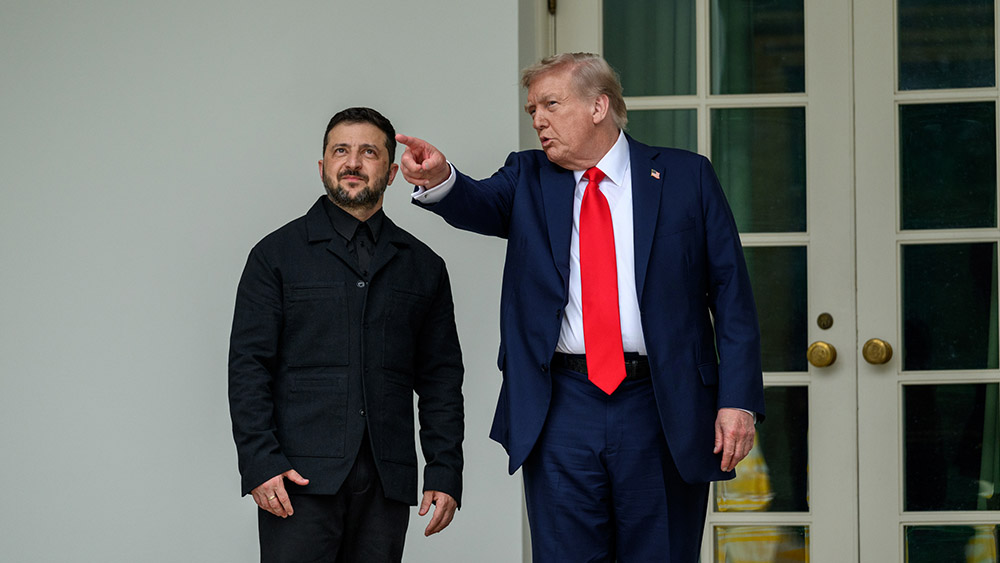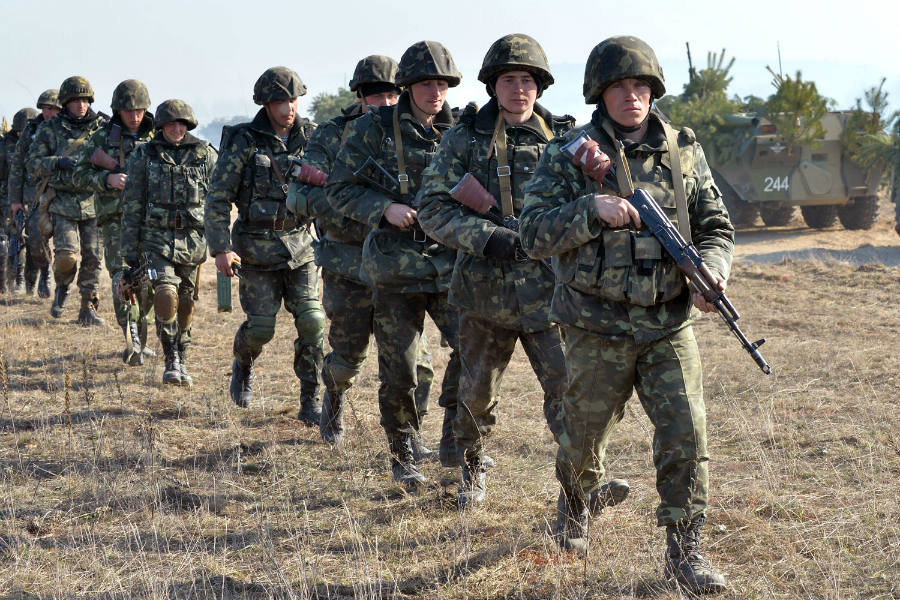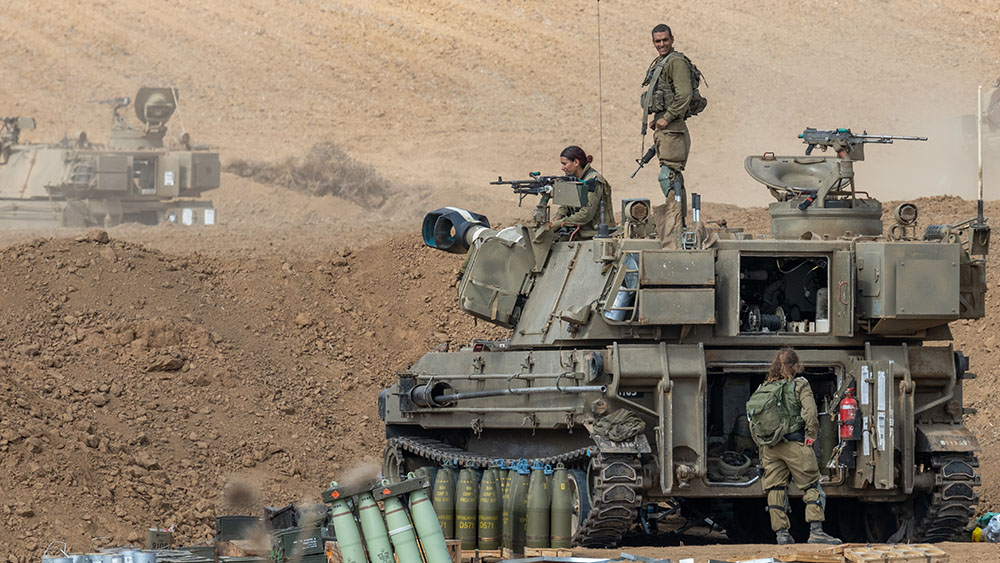 Parler
Parler Gab
Gab
- President Trump denied Ukraine's urgent request for long-range Tomahawk cruise missiles during a tense White House meeting, signaling a major shift in U.S. policy. Trump argued that providing such weapons would undermine peace negotiations with Russia.
- Trump urged both Zelensky and Putin to "stop the killing" and negotiate a deal, suggesting a ceasefire along current frontlines. He hinted at upcoming U.S.-Russia talks, possibly excluding Zelensky due to "bad blood" between Ukraine and Russia.
- While publicly diplomatic, Zelensky was privately frustrated and immediately consulted European allies, who were "puzzled" by Trump's stance. European leaders reaffirmed support for Ukraine but failed to secure advanced weapons commitments.
- The U.S. is now prioritizing negotiations between Washington and Moscow, resembling historic deals where smaller nations' fates were decided by major powers. Trump suggested a Putin-Zelensky meeting in Budapest or Istanbul but acknowledged tensions may require separate talks.
- The refusal of Tomahawks signals that Western military aid may no longer be unconditional, forcing Ukraine to reassess its war strategy. Kyiv faces a painful choice: accept territorial losses in a negotiated peace or continue fighting with dwindling Western support.
The Tomahawk snub: Zelensky forced to face reality
Zelensky publicly maintained a diplomatic front, confirming the Tomahawks were discussed but agreeing not to escalate the matter. The comedian-turned-president conceded to reporters that he was "realistic" about his prospects of receiving the Tomahawk missiles. But behind the scenes, the Ukrainian leader's disappointment was palpable. He immediately held a conference call with European leaders, who were reportedly "puzzled" by Trump's hardened position. In a coordinated response, they issued statements reaffirming support for Ukraine, while British Prime Minister Keir Starmer proposed drafting a Ukraine peace plan modeled on Trump's 20-point proposal for Gaza. The outcome fell far short of Zelensky's primary goal for the Friday visit, which was to secure firm commitments on a variety of advanced weapons systems. The White House meeting underscores a rapid and fundamental realignment. Trump's priority is now clearly a diplomatic solution, one that would involve a face-to-face meeting with Putin in Budapest within the next two weeks. When asked if Zelensky would be included in those talks, Trump acknowledged the "bad blood" between the Ukrainian and Russian leaders and suggested a separated format, stating, "We want to make it comfortable for everybody." This new U.S. stance urging a cessation of hostilities along the existing battle lines presents a profound challenge for Ukraine, which has long argued that ceding occupied territory would only reward Russian aggression. The shift also carries historical echoes of great-power diplomacy, where the fates of smaller nations are often decided in negotiations between their more powerful allies and adversaries. For leaders in Washington and Moscow, the path forward is a geopolitical calculation, but for millions of Ukrainians, it is a matter of survival. The failure of Zelensky's mission to secure Tomahawks signals that the era of unlimited Western arms may be over, forcing a painful reassessment of what constitutes an acceptable end to the war. Watch this video comparing the U.S.-made Tomahawk missile and Russia's Kalibr missile. This video is from the Russia Truth channel on Brighteon.com. Sources include: InfoWars.com Axios.com BrightU.ai BBC.com Brighteon.comThe red screen of death: Google’s automated hit on a rival it couldn’t acquire
By Willow Tohi // Share
WWIII looms: U.S.-Russia standoff could escalate into global conflict
By Gregory Van Dyke // Share
The pendulum of doom: How El Niño-Southern Oscillation could transform into a climate catastrophe
By Belle Carter // Share
Mono- and diglycerides: Dangers of the hidden emulsifier in your food
By Laura Harris // Share
Governments continue to obscure COVID-19 vaccine data amid rising concerns over excess deaths
By patricklewis // Share
Tech giant Microsoft backs EXTINCTION with its support of carbon capture programs
By ramontomeydw // Share
Germany to resume arms exports to Israel despite repeated ceasefire violations
By isabelle // Share










